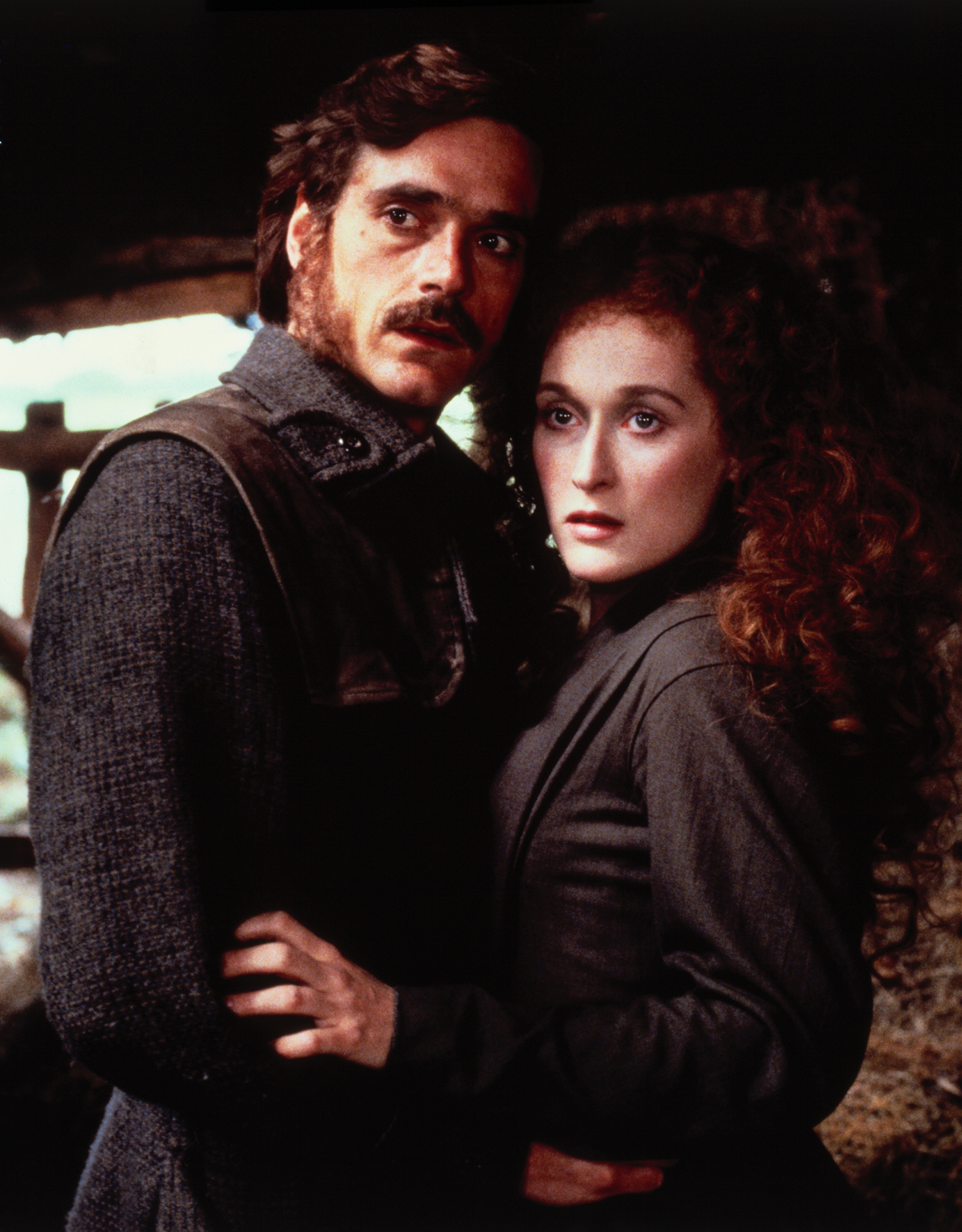Wednesday
I am in the final days of a two-week visit from Julia, who has been living with my mother in Sewanee, Tennessee and commuting to Suwanee, Georgia to take care of our three granddaughters. The visit comes after two months apart, and it will be another two months before we see each other again. Helping me get through our long separations is a literary passage I encountered when I was a sophomore in college.
I started reading John Fowles’s The French Lieutenant’s Woman (1969) when I was in bed with a cold while studying abroad in Normandy. From the get-go, I was riveted. The year was 1971 and the sexual revolution was in full sway, which helps explain why the passage struck me so hard.
Pondering Victorian attitudes towards sexuality in one of his reflective chapters, Fowles aims to overturn various stereotypes. For instance:
I sometimes wonders [if we are not led] into the error of supposing the Victorians were not in fact highly sexed. But they were quite as highly sexed as our own century—and in spite of the fact that we have sex thrown at us night and day (as the Victorians had religion), far more preoccupied with it than we really are. They were certainly preoccupied by love, and devoted far more of their arts to it than we do ours.
In describing the encounter between Charles and “the French lieutenant’s woman,” Fowles notes that the sexual excitement is far more keen than it would be were it were not forbidden. He talks of “the interesting ratio…between the desire and the ability to fulfill it”:
Here again we may believe we come off much better than our great-grandparents. But the desire is conditioned by the frequency it is evoked: our world spends a vast amount of its time inviting us to copulate, while our reality is as busy in frustrating us. We are not so frustrated as the Victorians? Perhaps. But if you can only enjoy one apple a day, there’s a great deal to be said against living in an orchard of the wretched things; you might even find apples sweeter if you were allowed only one a week.
So it seems very far from sure that the Victorians did not experience a much keener, because less frequent, sexual pleasure than we do; and that they were not dimly aware of this, and so chose a convention of suppression, repression and silence to maintain the keenness of the pleasure.
I can see now why I would have been attracted to the passage in 1971: the sexual revolution may have been underway but I couldn’t figure out how to sign up. Fowles provided poetic consolation.
Now the passage speaks to the ways in which Julia’s absence makes my heart grow fonder. The scarcity of apples means that our sporadic forays into the orchard are all the more delicious.
